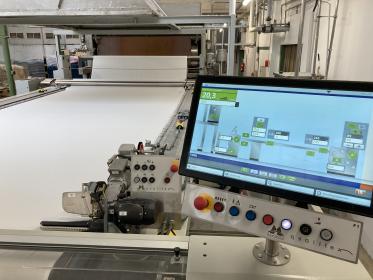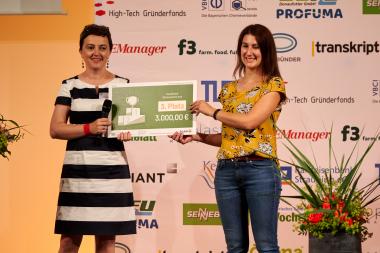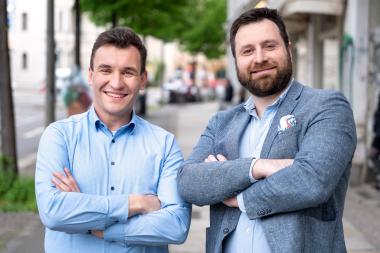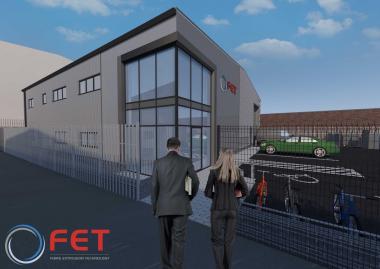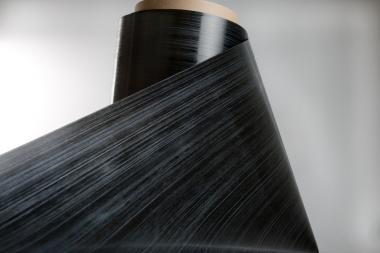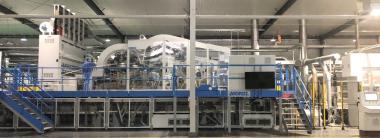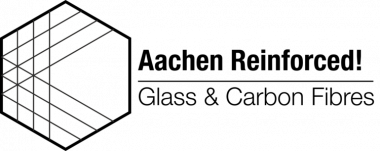SUPREME GREEN COTTON® in the latest Collections of three Brands
SUPREME GREEN COTTON®, the water-saving smart-tech yarn by Varvaressos has been chosen by Diesel, Champ Blanc and Muntagnard, and won the Gold Award at the Greek Exports Forum & Awards 2020.
Thanks to a pioneering satellite-powered drip irrigation system, SUPREME GREEN COTTON® saves up to 40% of water. The range of yarns is entirely Made in Europe and comes with influential sustainable verifications. The MADE IN GREEN by OEKO-TEX® label guarantees that the yarns have been tested for harmful substances and manufactured using sustainable processes under socially responsible working conditions in accordance with STeP by OEKO-TEX®. Complete transparency and traceability are guaranteed throughout the whole production and supply chain by the unique diafania SI platform, powered via blockchain technology.
Global clothing and lifestyle Italian premium jeans brand Diesel stands out for its unique mindset and sustainable imprint. That’s why it chose SUPREME GREEN COTTON® for its collection ‘Green Label’ and ‘NightCrush’ as well as its ‘Malign’ jersey T-shirts, available in two different colours and prints.
Thee Swiss brand Muntagnard believes in «sustainability» as a powerful lever for innovative solutions for people who go their own way and think outside the box to advance sustainable development. Muntagnard rethinks textiles - from the sewing thread to the label – selecting only sustainable materials and minimizing the use of plastic to the bone while seeking sensible, biodegradable textile alternatives. The MANGOLA collection of T-sets is 100% made of SUPREME GREEN COTTON®.
CHAMP BLANC is a responsible French brand renown for its ready-to-wear men clothing and for its strong commitment to traceability. The brand has been working for nearly 8 months on the design of the "Traceable T-shirt" made of 100% SUPREME GREEN COTTON®. The result is a high quality and finishing t-shirt to make it last. By relying on existing technologies, the entire production chain is traceable and can be discover thanks a QR-code on the label.
SUPREME GREEN COTTON® has also been bestowed with the influential Gold Award in the “Top Branded Export Product” category of the Greek Exports Forum & Awards 2020
Varvaressos SUPREME GREEN COTTON® yarn Diesel Champ Blanc Muntagnard Clothing industry Sustainability
Varvaressos / GB Network Marketing & Communication









